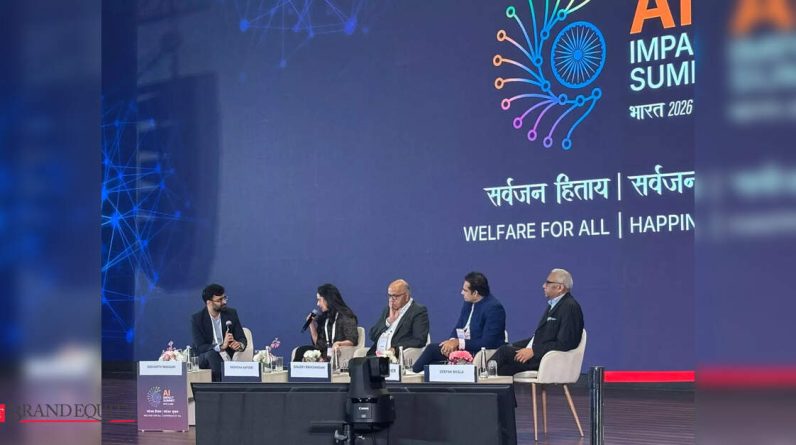
Several major tech companies investing in artificial intelligence (AI) have formed a consortium to address AI job losses.
Google, IBM, Indeed, Eightfold, Accenture, Intel, Microsoft and SAP, with six advisers, have formed the AI-Enabled Information and Communication Technology (ICT) Workforce Consortium. Led by Cisco, it aims to help individuals whose roles have been displaced by training them for new opportunities.
The consortium aims to assist affected employees in upskilling, reskilling and finding training programmes that will equip them with the necessary skills to remain valuable in a transitioning labour market as a result of accelerated AI adoption.
Advisers include the American Federation of Labor and Congress of Industrial Organizations, CHAIN5, Communications Workers of America, DIGITALEUROPE, the European Vocational Training Association, Khan Academy and SMEUnited.
The consortium’s ambitious goal is to positively impact over 95 million individuals around the world over the next ten years. (Photo by tsyhun via Shutterstock)
Sharing knowledge on the impacts of AI
The idea behind joining forces is to enable participating companies to share insights, recommend action plans and activate findings within their respective areas of specialism.
The first phase of the group’s work will include an assessment of how AI has impacted 56 ICT job roles. The group has not disclosed these roles, but said they were selected based on their strategic significance in the broader ICT ecosystem and AI’s impact on the tasks involved, as well as roles that were more accessible for low-level workers.
It will then formulate training recommendations for impacted roles, ensuring workers have the skills ICT companies are seeking. The consortium’s ambitious goal is to positively impact over 95 million individuals around the world over the next ten years.
Content from our partners



“The mission of our newly unveiled AI-Enabled Workforce Consortium is to provide organisations with knowledge about the impact of AI on the workforce and equip workers with relevant skills,” said Cisco executive vice president and chief people, policy and purpose officer Francine Katsoudas. “We look forward to engaging other stakeholders—including governments, NGOs, and the academic community—as we take this important first step toward ensuring that the AI revolution leaves no one behind.”
Tech giants’ ambitious goals to reskill 95 million
Cisco aims to train 25 million people with cybersecurity and digital skills by 2032, while IBM claims it will equip 30 million individuals with digital skills by 2030, including 2 million in AI.
Intel will train more than 30 million people with AI skills for current and future jobs by 2030. Microsoft claims it will “train and certify 10 million people from underserved communities with in-demand digital skills for jobs and livelihood opportunities in the digital economy by 2025”.
SAP aims to upskill 2 million people worldwide by 2025, while Google said it’s already announced €25 million in funding “to support AI training and skills for people across Europe”.
Inspiration for the consortium was drawn from work of the US-EU Trade and Technology Council’s (TTC) Talent for Growth Task Force and Cisco Chair and CEO Chuck Robbins’ leadership of its skills training workstream, with input from the US Department of Commerce. The TTC was established in June 2021 by President Biden, European Commission President von der Leyen and European Council President Charles Michel.
“Virtually every job” will be impacted by AI
In 2023, IBM’s CEO Arvind Krishna told Bloomberg that the company would freeze hiring for roles it expected would be automated with AI. Krishna also said they could “easily see 30%” of non-customer-facing roles, which amount to roughly 26,000 workers, “getting replaced by AI and automation over a five-year period.”
New findings from the Institute for Public Policy Research also said that up to 8 million UK jobs will be at risk due to AI if automation continues to accelerate without government intervention and policies in place to reduce job displacement.
While consortium members have acknowledged that job losses are a reality, with AI threatening to entirely replace some roles, they hope that, through upskilling and reskilling, they will be able to augment workers’ careers with new roles and skillsets.
“Intel is committed to expanding digital readiness by collaborating with 30 countries, empowering 30,000 institutions, and training 30 million people for current and future jobs by 2030,” said Christy Pambianchi, EVP and chief people officer at Intel. “Working alongside industry leaders as part of this AI-enabled ICT workforce consortium will help upskill and reskill the workforce for the digital economy ahead.”






